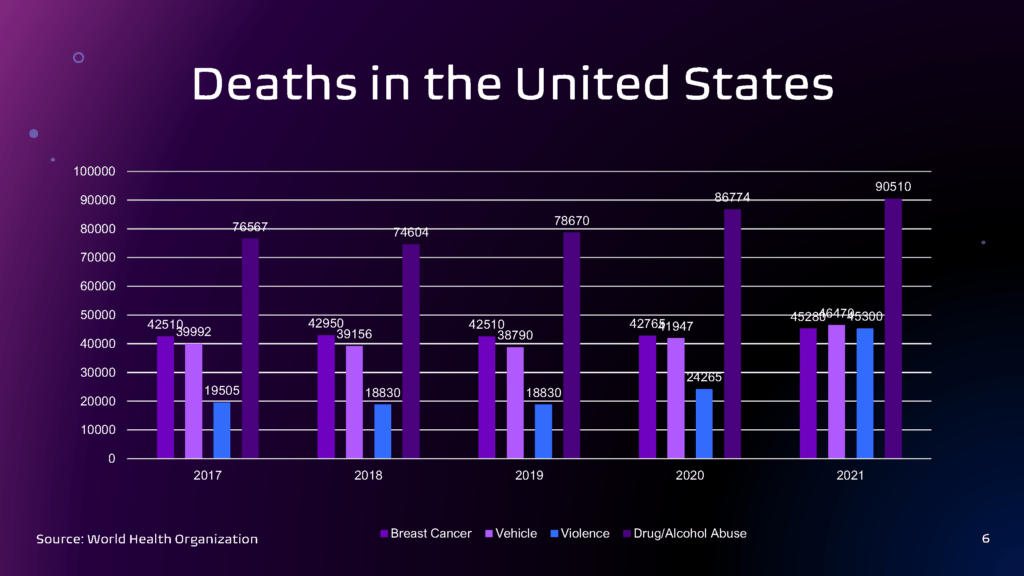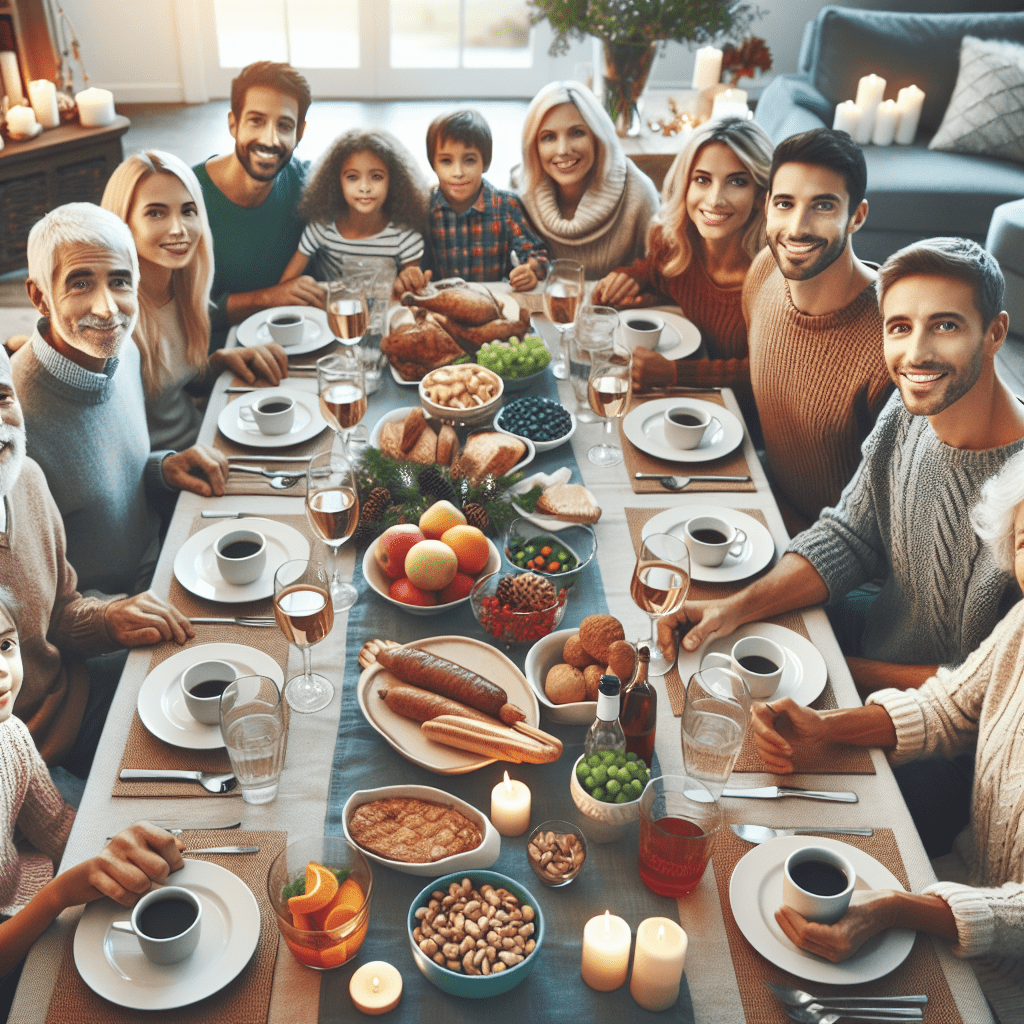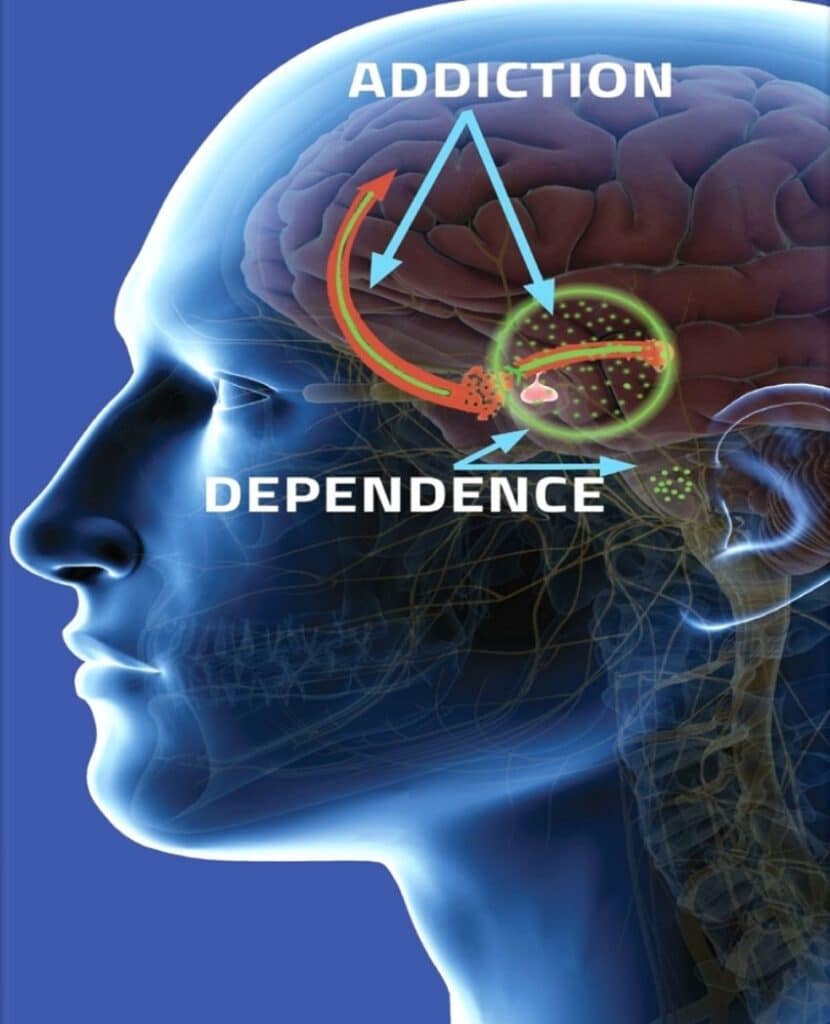The holidays are meant to bring families together, but for many, they’re also a time of heightened stress—especially when a loved one is struggling with addiction. With Thanksgiving and Christmas around the corner, and the country still reeling from the stunning results of the recent presidential election, emotions are running high.
Here are 5 Supportive Strategies to help your family navigate the holidays peacefully and create meaningful moments of connection.
🎁 1. Set Boundaries with Compassion
What to Do:
- Have a loving yet firm conversation with your loved one in active addiction.
- Express your desire for their presence while setting clear expectations for behavior.
Example Message:
“We love having you here, but we need a safe and sober environment for everyone. Let’s make this a time to reconnect and enjoy the holidays together.”
🕊 2. Focus on Gratitude and Togetherness
The best way to defuse stress is by focusing on shared activities that bring the family closer.
Ideas for Connection:
- Start a gratitude circle where everyone shares one thing they’re thankful for.
- Decorate cookies or the Christmas tree together.
- Play fun, lighthearted games like charades, trivia, or card games.
💡 Tip: Simple activities can create powerful moments of connection without the need for deep discussions or confrontation.
📞 3. Prepare for Support if Needed
Emotions can run high during the holidays, so having a plan in place can prevent unnecessary conflict.
Support Tips:
Create a “quiet room” in your home—a peaceful space where anyone can step away to decompress.
Identify a family member who can help mediate tense moments.
Keep resources like Al-Anon or addiction support hotlines handy.
🌟 4. Adjust Expectations
No holiday is ever perfect, and that’s okay. Focus on small victories and moments of joy.
Mindset Shift:
Instead of aiming for a “perfect holiday,” celebrate the fact that you’re together. Gratitude for who’s at the table is far more important than how the table looks.
☕ 5. Avoid Contentious Topics (Like Politics)
With the country still processing the election results, political debates at the dinner table can easily derail the holiday mood.
How to Redirect:
- Set a “no politics” rule for the day.
- If a heated conversation starts, gently steer it toward lighter topics.
Example:
“Let’s save this for another time—tell me about your favorite holiday memory instead!”
💌 A Final Note of Support:
The holidays can be challenging when addiction is involved, but they’re also a time of hope and love. By setting boundaries, fostering connection, and leaning into support groups like Al-Anon, you can find moments of peace and joy—even amidst the difficulties.
What are your go-to strategies for navigating the holidays with an active addict? Share your insights or tips below—we’d love to hear from you! 💬👇
Helpful Links
Al-Anon Family Groups: Offers support for families and friends of individuals with alcohol use disorders. Find meetings and resources at Al-Anon Family Groups.
Nar-Anon Family Groups: Provides support for those affected by someone else’s drug addiction. Learn more at Nar-Anon Family Groups.
Substance Abuse and Mental Health Services Administration (SAMHSA): Offers a national helpline and treatment locator for substance use disorders. Access their services at SAMHSA.
National Institute on Drug Abuse (NIDA): Provides research-based information on addiction and treatment options. Visit NIDA for more details.
Partnership to End Addiction: Offers resources and support for families dealing with addiction. Explore their offerings at Partnership to End Addiction.




